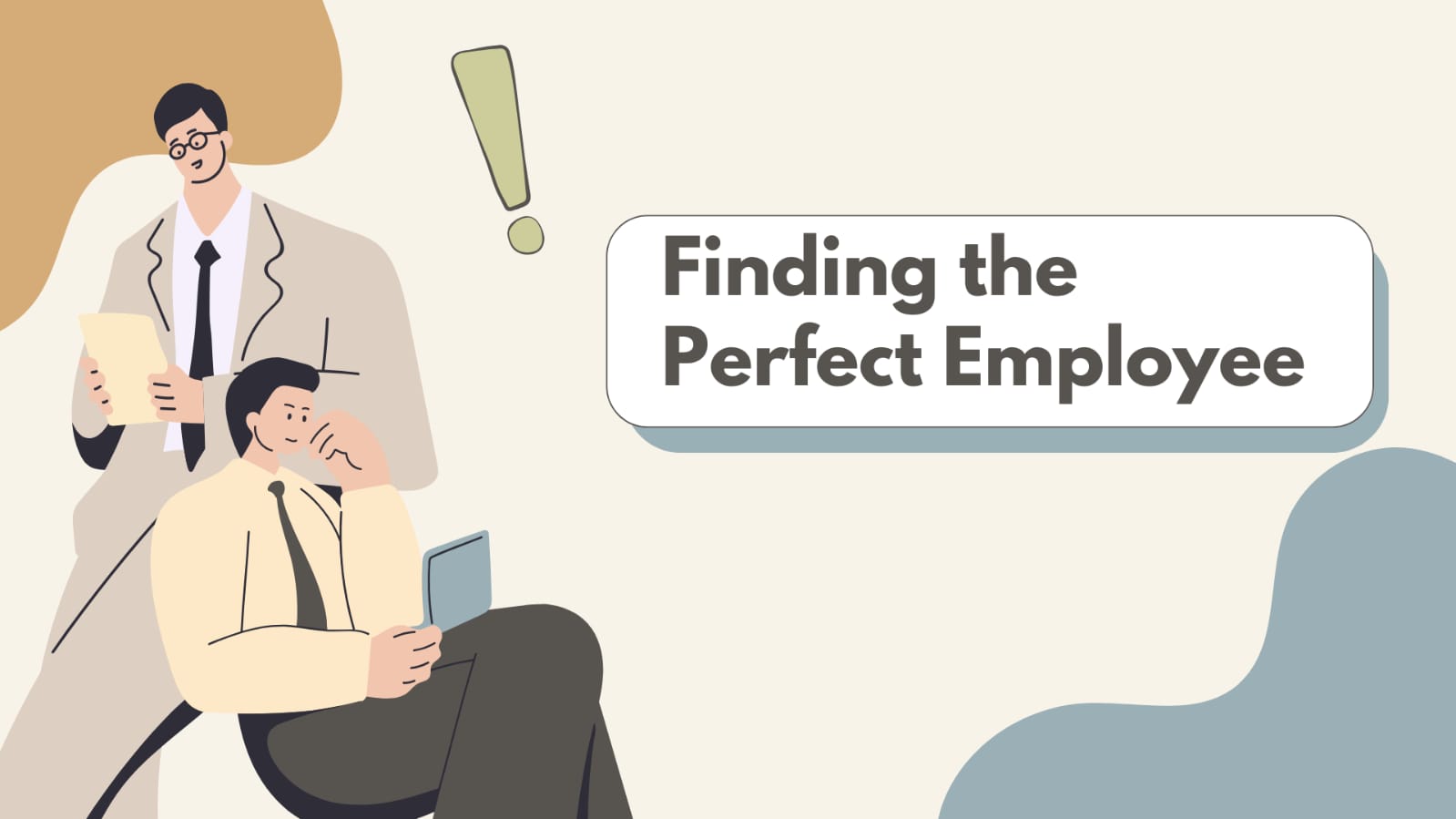Hiring the right employee can make or break a business. Employees are not just people who complete tasks—they are brand ambassadors, problem solvers, and key contributors to a company’s growth. Every employer hopes to build a team that is reliable, innovative, and capable of handling challenges with maturity and skill. But how can an employer ensure they are selecting the right candidate? The key lies in knowing what to look for beyond just technical skills and qualifications.
Here are seven important qualities every employer should check in a potential employee before making the hiring decision.
1. Responsibility
One of the first traits an employer should assess is responsibility. A responsible employee takes ownership of their duties, meets deadlines, and accepts accountability for their actions. They don’t make excuses when things go wrong—they find solutions and learn from mistakes.
During interviews or reference checks, employers should look for signs that the candidate is dependable. Examples could include managing projects independently, handling difficult situations without constant supervision, or proactively stepping up when needed. Responsible employees help reduce management burden and improve team efficiency.
2. Trustworthiness
Trust is the foundation of any professional relationship. Employers need employees who can be trusted with confidential information, business strategies, and company resources. A trustworthy employee acts with integrity even when no one is watching.
Signs of trustworthiness include a strong track record of ethical behavior, honesty during the interview process, and positive references from previous employers. Employers should ask situational questions that reveal how a candidate handled sensitive or morally challenging situations in the past.
3. Problem-Solving Skills
Every job comes with its share of challenges. An ideal employee is someone who can approach problems calmly, analyze the situation, and identify practical solutions. Employers should seek candidates who demonstrate critical thinking and creativity when dealing with obstacles.
During interviews, behavioral questions like “Tell me about a time you solved a difficult problem at work” can reveal a lot about a candidate’s ability to navigate challenges. Problem solvers contribute directly to a company’s success by keeping operations smooth and helping the team overcome hurdles efficiently.
4. Street Smarts (Practical Intelligence)
While academic qualifications and technical knowledge matter, employers should also check if the candidate has street smarts—practical intelligence that helps them navigate real-world situations. This includes the ability to read people, adapt quickly to changing circumstances, and think on their feet.
Employees with street smarts know how to balance rules with reality. They can deal with customers, handle negotiations, or diffuse tense situations without escalating matters. These qualities are especially valuable in roles that require interaction with clients, vendors, or the general public.
5. Willingness to Learn
The business world is always evolving. Technologies change, industries transform, and customer preferences shift. A top-performing employee is one who embraces lifelong learning and is eager to upgrade their skills.
Employers should look for candidates who show curiosity and openness to feedback. This could be evident through continuous learning efforts such as certifications, workshops, or self-initiated projects. A learner’s mindset ensures the employee remains relevant and valuable, no matter how the business landscape changes.
6. Team Spirit and Communication Skills
Even the most talented individual will struggle to succeed in isolation. Employers should ensure that candidates are good team players who can collaborate effectively, respect diverse opinions, and contribute positively to the work environment.
Equally important are communication skills. Whether written or verbal, clear communication helps avoid misunderstandings, improves productivity, and fosters a healthy workplace culture. Employers should evaluate how comfortably and clearly a candidate can express ideas during interviews, group discussions, or presentations.
7. Adaptability and Resilience
In today’s fast-paced business environment, adaptability is key. Employers should seek employees who can handle change without losing focus. Resilient employees bounce back quickly from setbacks, stay motivated during tough times, and help keep morale high.
Examples of resilience might include handling major changes in job roles, surviving tough business cycles, or managing high-pressure situations without burning out. Asking candidates about times they faced significant changes or failures can help assess this trait.
Conclusion
Hiring is more than just filling a vacancy—it’s about finding the right person who fits into the company’s vision and culture. Employers must look beyond resumes and technical skills to assess an individual’s character, mindset, and interpersonal abilities. By focusing on qualities like responsibility, trustworthiness, problem-solving ability, street smarts, a learning attitude, team spirit, and adaptability, employers can build a workforce that drives sustainable success.
Selecting employees with these traits not only strengthens the team but also sets the stage for innovation, loyalty, and long-term growth. After all, businesses are built by people—and having the right people can be the most powerful asset any organization possesses.




